Recently, a number of car company heads and auto industry bosses have spoken out against the current auto market in different public occasions, and a number of popular opinions have triggered rounds of heated discussions. Whether it is about "rolling prices" or "rolling technology", although the topics discussed are different, there is one thing in common behind it, that is, "oil trucks" are no longer the center of everyone’s discussion, as if oil trucks have disappeared from the public’s attention.
However, just in the past May, the SAIC Volkswagen Tiguan LPro was officially launched under the label of "the smartest fuel car", bringing traditional fuel vehicles back into the market’s attention.
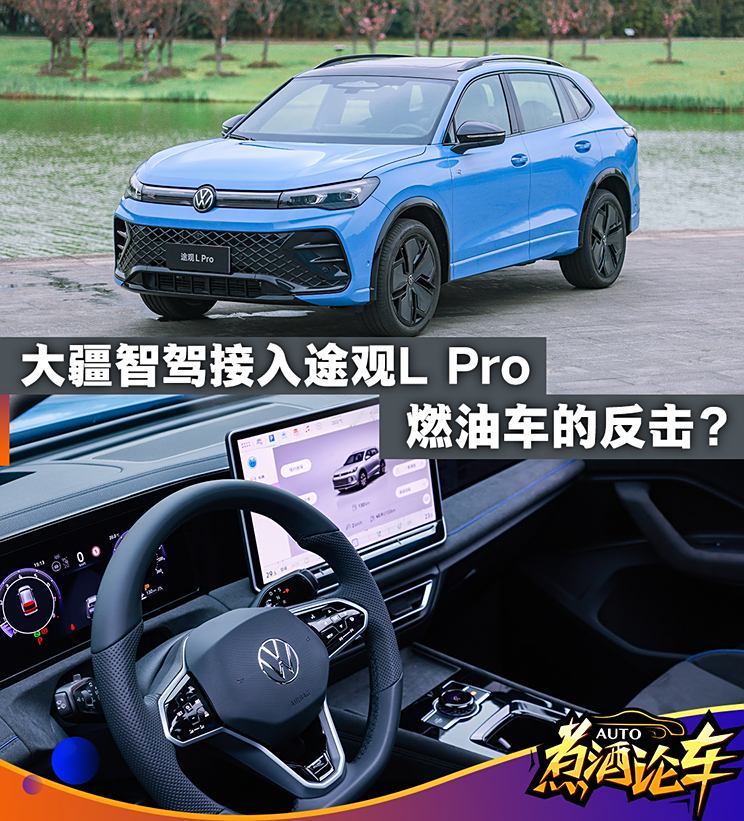
In fact, if you look at it objectively, there have been two historical moments in the domestic passenger car market in the first half of the year when the market share of fuel vehicles was surpassed by new energy vehicles. Once, in the first half of April this year, the retail penetration rate of domestic new energy vehicles exceeded 50%; another time, in the third week of May this year, the insurance volume of domestic new energy passenger vehicles exceeded that of fuel vehicles, exceeding 50% for the first time, reaching 50.2%. The meaning of exceeding 50% is that fuel vehicles have become a non-mainstream choice in the automobile consumer market.
Compared with Huawei Hongmeng Zhixing (Q Jie, Zhijie), Wei Xiaoli, and BYD, they have been competing in the automotive market in recent years, whether in terms of volume or sales, the entire oil car market has become increasingly quiet.
Lu Xun once said, "If you don’t erupt in silence, you will perish in silence." Right now, traditional fuel vehicles have reached such a moment. And the arrival of Tiguan L Pro, can you heavy the ambition of fuel vehicles to fight back?
■How do fuel vehicles break the circle?
Traditional fuel vehicles have come to this point not because they did something wrong. On the contrary, it was the fault of "doing nothing". In the wave of intelligence, traditional fuel vehicles have almost universally chosen to stay out of it. It seems that there is an insulating relationship with "intelligence". Data shows that no matter what price of fuel vehicles, the configuration rate of high-end intelligent driving is close to 0.
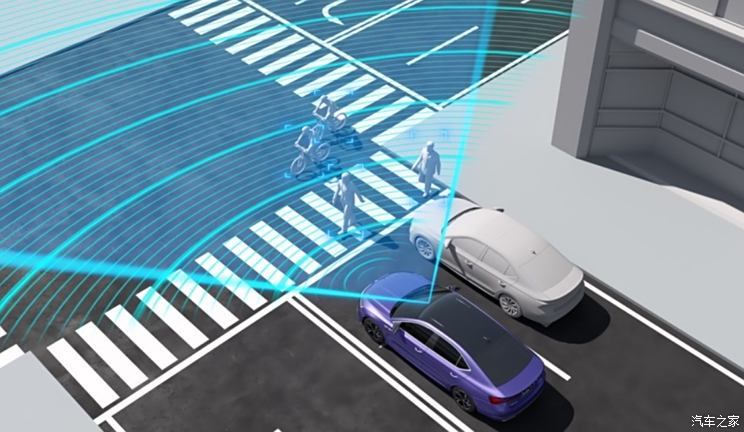
Among them, on the one hand, there are "experts" who have come out to determine that the oil car cannot be intelligent. The reason is that the small battery of the fuel car cannot support the power demand of various sensors of the intelligent driving system; in addition, the mechanical structure of the fuel car also seriously hinders the response speed of the intelligent driving system, so the oil car is classified as an old product that is not suitable for intelligent.
On the other hand, behind the fuel vehicles are large-scale traditional car companies. The accumulated investment in technology, equipment, personnel, and capital in the field of fuel vehicles over the past century has made it not so easy for their elephants to turn around. This also gives the outside world an impression that traditional fuel vehicles have been photographed on the seabed by the current intelligent wave, and have disappeared from the attention of everyone for a long time.
But are oil trucks really not suitable for intelligence? The answer is no.
Some time ago, DJI Automotive proposed "the same wisdom of gasoline and electricity", hoping that technology can benefit "everyone" and achieve true "scientific and technological equality". From the perspective of DJI Automotive, it does not pick the type of power model, that is, whether it is a fuel car, a hybrid car, or a pure electric car, the intelligent driving system can effectively get on the car.
"The electronic architecture of the entire car is actually updated very quickly. For the current mainstream fuel vehicles, as long as it has the basic distributed A DAS, it has basic by-wire control." The person in charge of DJI Automotive once explained whether the fuel vehicle can be equipped with the intelligent driving system. "If a fuel vehicle has not planned the intelligent driving solution in advance, but the electronic architecture meets the needs, it can also be modified, which takes 9 to 18 months."
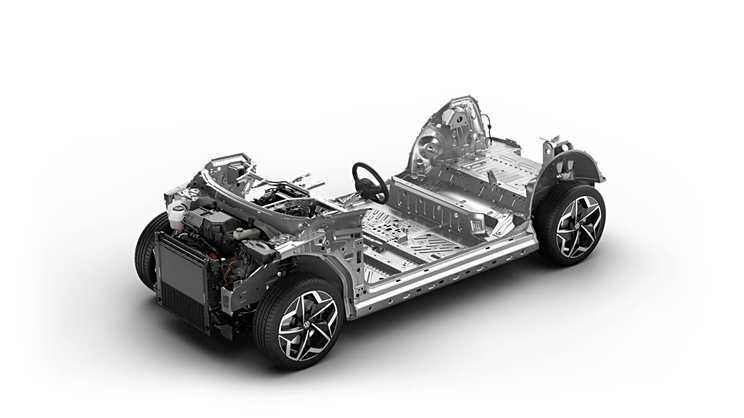
Looking at the market, there are still huge users of fuel vehicles. To some extent, although the development iteration of fuel vehicles has slowed down, it has not stopped.
In fact, as early as 2018, Volkswagen and DJI Automotive were exploring how to put the latest high-end intelligent driving system on the car. The concepts of the two parties are very compatible: users still have demand for fuel vehicles, and for these users, they cannot be deprived of the opportunity to enjoy intelligent driving.
■Leveraging DJI, Tiguan L Pro made a sample for the oil trucks
At the end of May, Tiguan L Pro stood up and gave samples to all the oil trucks. In short, the core of Tiguan L Pro’s solution is to leverage DJI and cooperate deeply with it to create an IQ. Pilot intelligent driver assistance system.
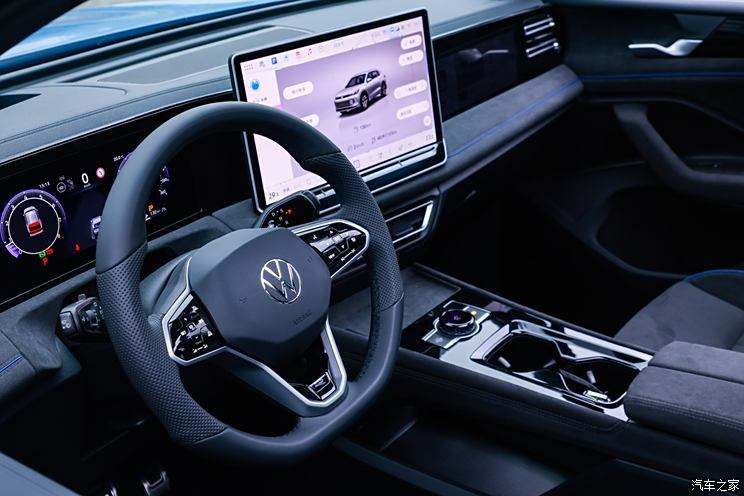
Unlike the "LiDAR + high computing power" scheme used by most new energy vehicles, this system uses the inertial navigation binocular scheme. Although it is also classified as a pure vision scheme, unlike Tesla’s pure vision scheme, DJI’s intelligent driving system is based on the principle of parallax imaging, which allows Tiguan L Pro to sense the traffic environment and identify obstacles like human eyes, and then realize the L2 ++ driving auxiliary feature in the range of 0-130km/h.
Of course, as the "result" of joint cooperation, only the system of DJI is not enough. The new MQB EVO intelligent digital architecture behind Tiguan L Pro plays a key role. It is equivalent to providing the soil for the IQ. Pilot intelligent driver assistance system to survive and grow, which is also the key to making "oil and electricity common wisdom" a reality.
It is understood that the new MQB EVO intelligent digital architecture is also the most intelligent intelligence system of Volkswagen to date. The most core functions in the high-level intelligent driver assistance system, such as adaptive cruise, lane keeping, intelligent obstacle avoidance, intelligent parking, collision warning (automatic braking) and other Tiguan L Pro are available.
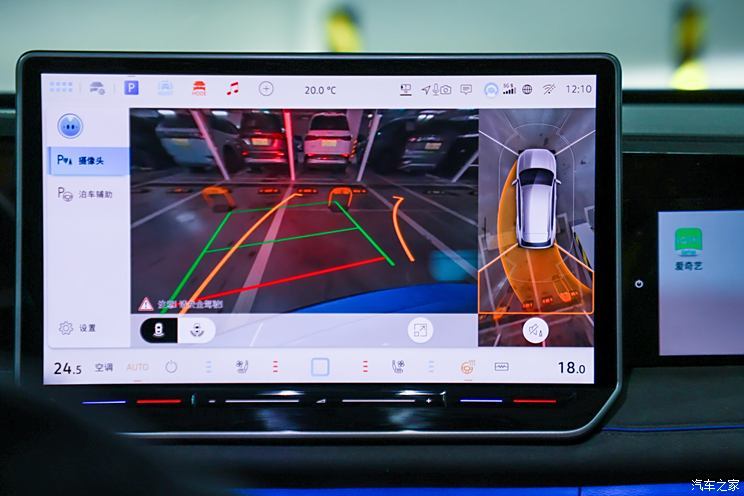
In addition, compared with new energy models, the intelligent cockpit of Tiguan L Pro based on the new MQB EVO intelligent digital architecture is no less. First of all, in terms of basic configuration, it is equipped with Qualcomm 8155 car-grade chip (Qualcomm’s flagship chip of the 3rd generation Snapdragon cockpit platform), with 12 GB of memory + 128 GB of memory, and supports 5G communication. On this basis, things like AR navigation, intelligent voice interaction, intelligent joint control car, scene engine, and third-party app are also available.
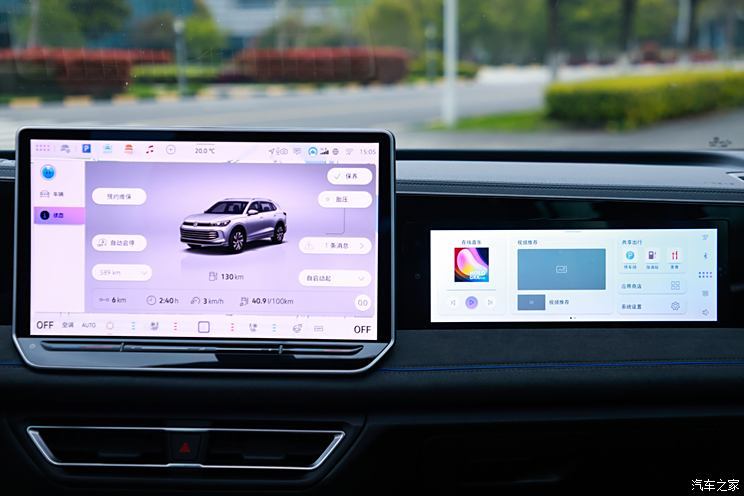
Regardless of hardware or software, although Tiguan L Pro is an oil car, it is almost the same as a new energy vehicle in terms of car experience. More importantly, the cost of this system of DJI is much lower than other solutions on the market.
According to the person in charge of DJI, since it does not include lidar, high-precision maps, etc., DJI’s system can be realized at only about 7000 yuan. This is compared with the lidar solution with a hardware cost of 2-30,000 on the market.
In fact, just two days ago, Yu Chengdong once again stressed in public that "Huawei Hongmeng Zhixing 300,000 the following cars, sell one at a loss". From this perspective, compared with the new energy vehicle companies with nine out of ten losses, from traditional oil vehicles to "smart oil vehicles", the cost advantage is also a window of opportunity for oil vehicles to counterattack.
■The fuel truck counterattack is imminent
Based on the current development status of the car market, the most urgent thing for the oil trucks is when can they "take the first step"? After all, based on the current development speed of new energy vehicles in the car market, time waits for no one.
Although Tiguan L Pro took the lead in making a sample, this model alone is far from enough. At least, the momentum is far from comparable to the "has the voice over" in the market such as Wei Xiaoli and BYD, which are popular in the market. You know, today’s market consumption of the main crowd is different from five years ago, ten years ago. Actively embrace market demand and change, only earlier is not the earliest.
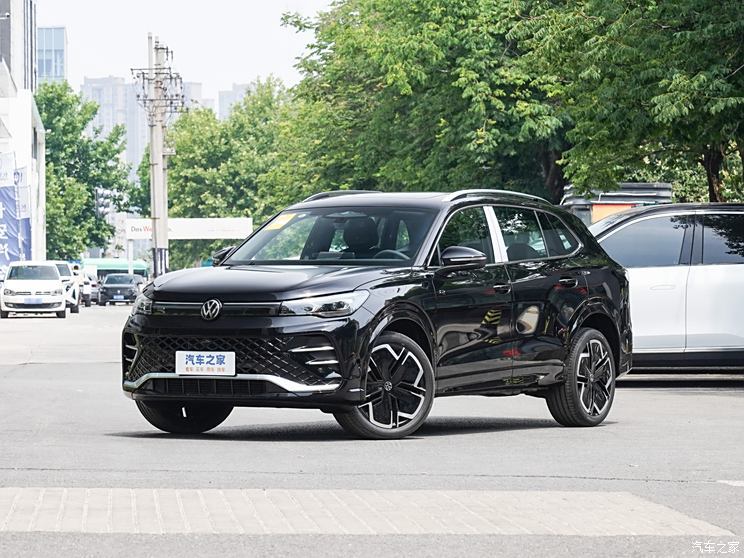
"Tiguan L Pro"
Especially when the measured cruising range of plug-in hybrid models is already close to 2,000 kilometers, the market position of traditional fuel vehicles has become more subtle. For now, the only way to break the inherent thinking is to break through. Too many cases show that under the torrent of the development of the times, if you do not take the initiative to change to adapt to the times, the outcome is often only waiting to be eliminated by the times.
Of course, in addition to time, another key point in the turnaround opportunity of the oil car is the unblocking of the overall operation thinking of the car companies. This is also another layer of thinking brought by Tiguan L Pro.
At the Tiguan L Pro launch conference, in addition to releasing the price of the new car, SAIC Volkswagen also launched a repurchase interest. The launch of this interest means that in this oil car counterattack, Tiguan L Pro cleverly fought back against the "unintelligent oil car" and accurately attacked the life door of the tram "not preserving value". In the context of the continuous backstabbing of old car owners in the price of new energy vehicles, this will undoubtedly affect the decision-making of some consumers when purchasing vehicles, and put the oil car back on the car purchase list.
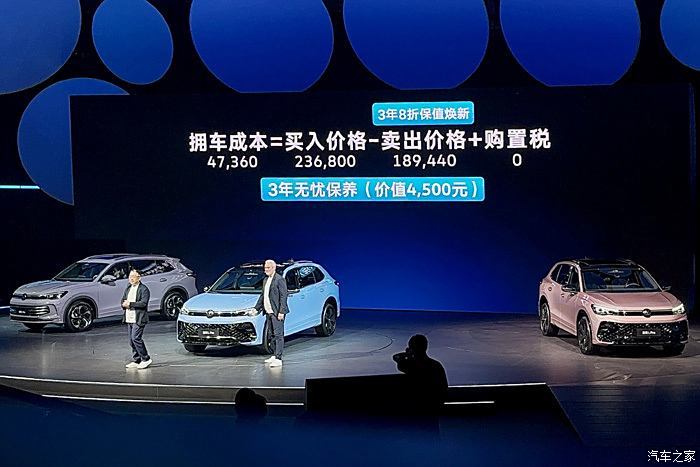
But for the current oil vehicle market, what needs to be clarified is how many oil vehicles will follow in a short period of time after Tiguan L Pro? Or how many oil vehicles can be close to or enter the same competitive dimension as new energy vehicles in the field of intelligence?
It is understood that in addition to launching the smartest fuel car – Tiguan L Pro, SAIC Volkswagen is also working with Intel and other companies to create a smart travel ecosystem. In the opinion of Yu Jingmin, executive vice general manager of SAIC Volkswagen’s sales and marketing, "fuel" and "intelligence" are not mutually exclusive. In the field of intelligence, fuel cars can also make a big difference.
Although the growth rate of the new energy vehicle market is rapid, in terms of absolute sales and market user stock, the oil car is definitely the mainstream. Before the Tiguan L Pro, for those users who like intelligent products, there was no choice in the market except for new energy models. The arrival of the Tiguan L Pro at least allows the oil car to regain the opportunity to be selected.
The counterattack of traditional fuel vehicles has just begun.